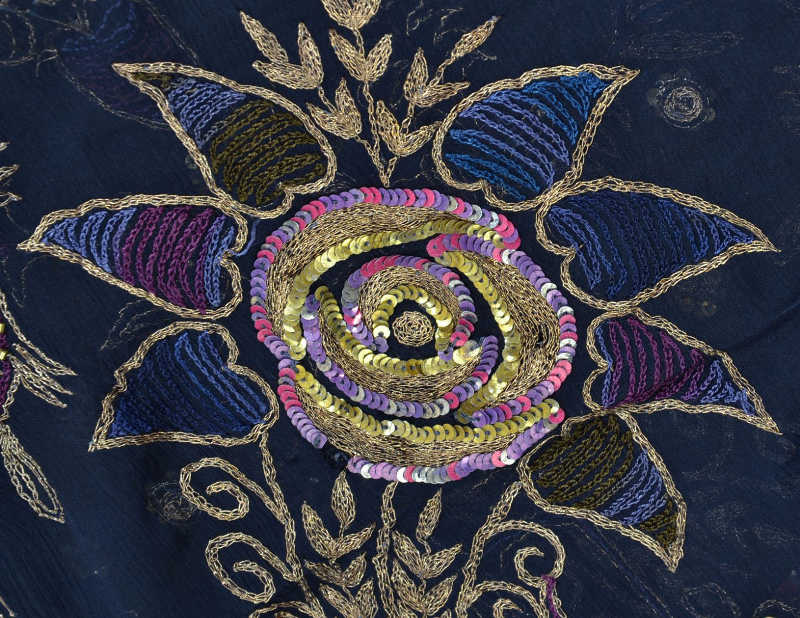===
0483,
1
===

=== |
 |
ḍhab : 'Shape, form, fashion; mode, manner, way, style; idiom; knack; habit; course, means; position; opportunity; manners, breeding, behaviour, conduct; knowledge, savoir faire, skilful management, art, dexterity, address'. (Platts p.570)
dimāġh : 'The brain; head, mind, intellect; spirit; fancy, desire; airs, conceit; pride, haughtiness, arrogance; intoxication; ... —the organ of smell'. (Platts p.526)
FWP:
SETS
MOTIFS
NAMES
TERMS == IDIOM; PROOFI'm glad that at the last minute SRF got around to mentioning the double meaning of dimāġh as both 'mind, head' and 'nose' (see the definition above), because it's really the chief charm of the verse, since it provides those layers of 'wordplay upon wordplay'.
I know that 'gone to the head of' isn't a perfect counterpart phrase, but at least it conveys the sense that there's an idiom there, and a nice multivalent one too, for us to relish. Other than the idiom, after all, there's nothing much to notice about the verse except what SRF rightly calls its unsuccessfulness.